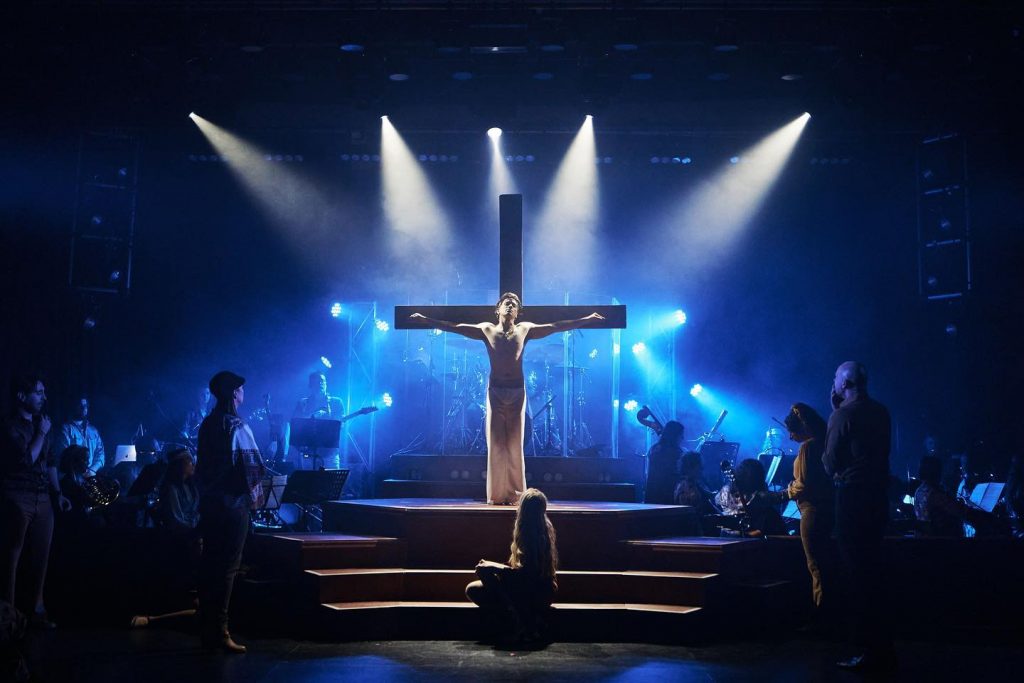
Types of Musicals: Rock Musicals
Amidst the glitz and glamour of musical theatre, there’s a subgenre that stands out for its raw energy and rebellious spirit: the rock musical. Merging the driving beats of rock ‘n’ roll with the drama of the stage, rock musicals have not only redefined theatre but have also given voice to a generation.
Rocking the Definition
A rock musical is characterized by its score, which is dominated by rock music, often accompanied by electric guitars, drum sets, and powerful vocals. More than just its sound, rock musicals often encapsulate the ethos of the rock era, challenging conventions and pushing boundaries.
The Origins: Rock Meets Broadway
The late 1960s and early 1970s marked the birth of the rock musical genre. As the counterculture movement gained momentum, theatre began to reflect the times:
- “Hair” (1967) – Often dubbed the first rock musical, “Hair” captured the spirit of the hippie movement, tackling themes of war, race, and sexuality.
- “Jesus Christ Superstar” (1970) – Andrew Lloyd Webber and Tim Rice’s groundbreaking work told the story of the last days of Jesus through a rock opera format.
What Makes Rock Musicals Resonate?
Social Commentary: Many rock musicals address societal issues head-on, making them both thought-provoking and controversial.
Emotionally Charged: The intensity of rock music lends itself well to the heightened emotions of theatre, creating unforgettable moments.
Diverse Sound: From punk to glam to soft rock, the genre’s versatility allows for a wide range of musical expression.
Iconic Rock Musicals of the Ages
- “Rent” (1996) – Inspired by Puccini’s opera “La Bohème”, this musical addressed issues like HIV/AIDS, poverty, and sexuality, set to a rock-infused score.
- “The Who’s Tommy” (1992) – Based on The Who’s 1969 rock opera album, this musical tells the story of a “deaf, dumb, and blind” boy’s journey to self-discovery.
- “Spring Awakening” (2006) – An adaptation of a 19th-century German play, this musical used alternative rock to explore adolescent love, despair, and rebellion.
Challenges & Critiques
Not Always “Pure” Rock: Purists argue that some rock musicals are more “pop” than “rock”, leading to debates about authenticity.
Commercialization: As with any successful genre, there’s a risk of over-commercialization, with some productions leaning too heavily on rock clichés.
The Evolution and Future of Rock Musicals
From its radical beginnings, the rock musical genre has diversified. Shows like “Next to Normal” blend rock with deep emotional narratives, while “School of Rock” brings a lighter, comedic touch. As contemporary music continues to evolve, so too will rock musicals, always ready to challenge, provoke, and entertain.
In conclusion, rock musicals are more than just a fusion of two genres; they’re a testament to the transformative power of music and storytelling. With their fingers forever on the pulse of society, rock musicals will continue to rock our world, one show at a time.






